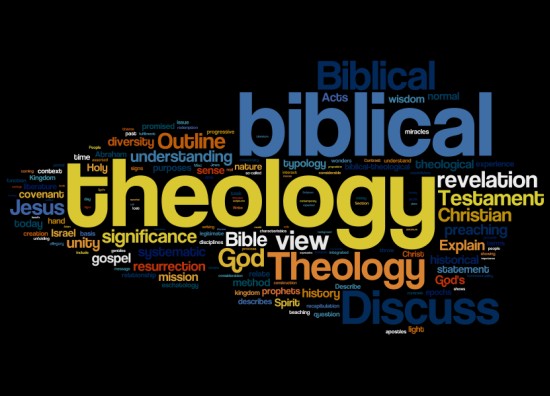The global challenges we face today seem impossible. The spread of Ebola, the brutality of the so-called “Islamic State,” and the changes already occurring in the climate are enough to make me feel overwhelmed.
You probably remember the old advice: When the problems of the world seem too big, just concentrate on the smaller problems closer to home.
I don’t find that helps very much. The challenges we face right here in Pittsburgh and throughout Pennsylvania are pretty daunting.
Our economy is still leaving too many people on the sidelines. There are signs of prosperity, but poverty is still far too common throughout Pennsylvania, especially among our children.
We are sitting on top of abundant natural gas resources. But getting the gas out safely is a big problem. And then we read that someone just dumped contaminated fracking water into the Greene County sewer system near Waynesburg.
And even if we can get natural gas out safely, what about our coal miners and their need to make a living? And as much as we would rather not think about it, using any fossil fuel—gas or coal—sets in motion irreversible changes to the climate. No one wants our economy to languish when so many are still looking for a way into the middle class. But no one wants to ruin the planet or its ability to sustain the rich diversity of creation for generations to come.
And then we look on in horror at events in Ferguson, Mo., and see there a mirror of our own racial divide and the fear and mounting frustration that come along with it.
All these are Pennsylvania problems. They won’t be solved by sitting in church. They won’t be solved by someone in Washington. They won’t be solved by politicians or experts. In fact they won’t be solved at all unless people are able to come together for safe, honest, and sustained conversation.
To me, that sounds a lot like theology. The best theology is not about broad generalities. It’s not about some far-off future. It’s about the here and now. It is grounded in real problems and real people who have the courage to be real with each other.
I believe that’s exactly what God is inviting us to do. When we respond to God’s invitation, when we get out of ourselves and enter into relationship with our neighbors, theology begins to happen. The best theology does not come from books or from experts. Instead, it is born of honest conflict and nurtured by dialogue that is searching and sometimes painful. It arises from within and takes the form of shared hopes and growing confidence that God is alive, here and now, active and real, taking us forward in ways that no one of us alone can dare imagine.
The Rev. Dr. Ron Cole-Turner is the H. Parker Sharp Professor of Theology and Ethics and teaches courses in the MDiv program including systematic theology, Christianity and evolution, and the Holy Spirit. He’s the author of numerous books including Transhumanism and Transcendence: Christian Hope in an Age of Technological Advancement.

